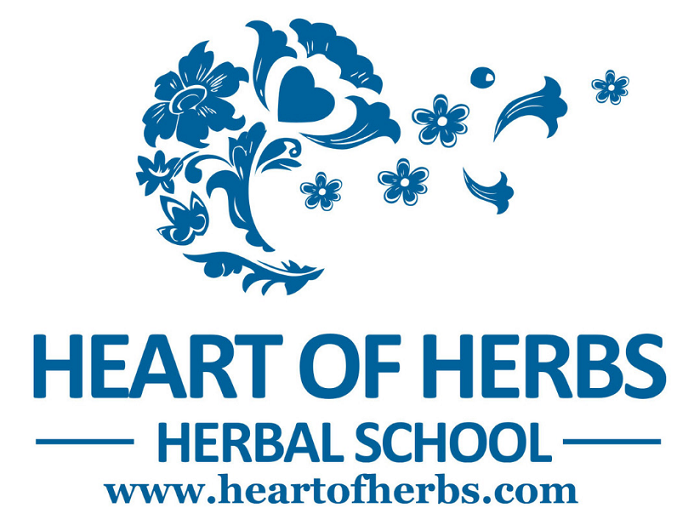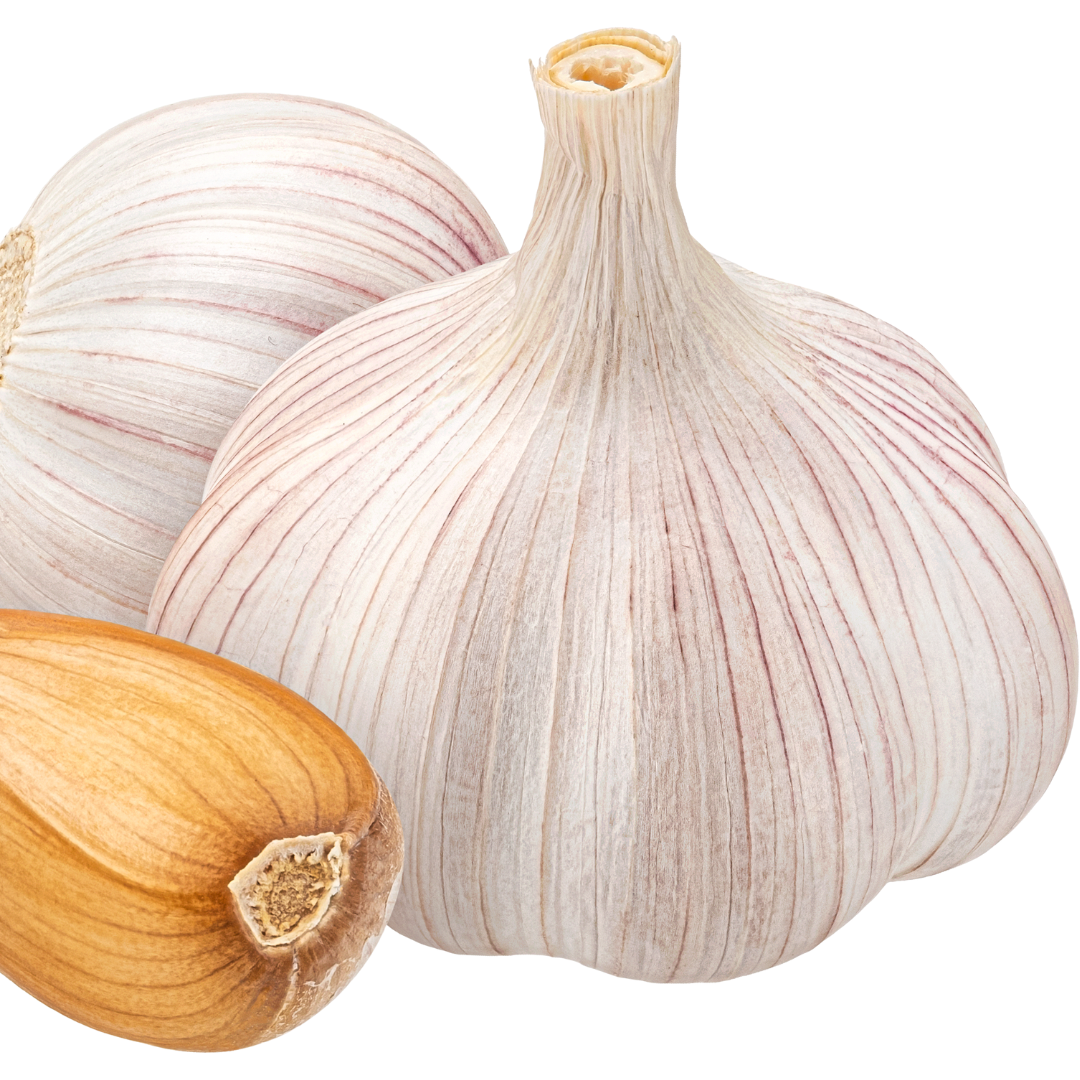Discover the Power of Garlic
Unveiling the Secrets of Garlic in Herbal Medicine
Explore the ancient wisdom and modern applications of garlic in enhancing health and wellness.
The History of Garlic
Garlic: A Timeless Herb
Garlic has been revered for thousands of years for its medicinal properties. Ancient civilizations, including the Egyptians, Greeks, and Romans, utilized garlic for its healing benefits. Today, garlic continues to be a staple in herbal medicine, valued for its ability to boost the immune system, reduce inflammation, and improve cardiovascular health.
Beyond its historical significance, garlic is widely used in aromatherapy and culinary practices. Its potent aroma and flavor make it a favorite in kitchens worldwide, while its essential oils are used to promote relaxation and alleviate respiratory issues. Incorporating garlic into your daily routine can provide numerous health benefits, making it a versatile and powerful herb.
Garlic, scientifically known as Allium sativum, has been used for centuries for its medicinal properties. It belongs to the lily family and is closely related to onions, shallots, and leeks. The bulb of the garlic plant is most commonly used for its therapeutic benefits.
Garlic is known for its strong and characteristic odor, which comes from its sulfur-containing compounds. These compounds are also responsible for many of its health-promoting properties. Some of the key active compounds in garlic include allicin, alliin, and ajoene, which exhibit antimicrobial, anti-inflammatory, and antioxidant effects.
The traditional uses of garlic in various cultures include its use as a natural antibiotic, immune booster, and remedy for colds and flu. Garlic is also believed to support heart health by helping to lower cholesterol and blood pressure. Additionally, it is used to promote digestive health and has been studied for its potential anticancer properties.
Modern Uses
In modern herbal medicine, garlic is available in various forms, including fresh cloves, powdered supplements, aged extracts, and oils. It is important to note that raw garlic may cause gastrointestinal discomfort in some individuals, and its strong odor may be off-putting to some. Therefore, aged garlic supplements with reduced odor are also available for those who wish to avoid these issues.
When using garlic medicinally, it’s essential to consult with a healthcare professional, especially if you are taking medications or have underlying health conditions. Overall, garlic is generally considered safe when consumed in culinary amounts, larger medicinal doses may interact with certain medications and medical conditions.
Furthermore, garlic is a versatile herb with a long history of traditional use and a growing body of modern research supporting its medicinal properties. Whether used in culinary dishes or as a therapeutic supplement, garlic continues to be valued for its potential to support overall health and well-being.
Explore More Herbal Wonders
How can I tell if I have mold in my infused oil?
Nothing will ruin your day like finding mold in your infused oil! 1. How mold shows up in infused oils Visual signs to watch for If you see any of these, don’t use the oil: Fuzzy spots or “islands” White, grey, green, blue, or black fuzzy patches Often on the surface...
Herbs for Sore Throats
Herbs for Sore Throats Ah, you seek the healing touch of nature to calm that sore throat. How wise, for the earth provides us with a deep well of soothing, time-tested herbs—each one offering its gifts to restore balance. Let me share with you a few of my most beloved...
10 Common Herbal Terms Every Student Should Know
10 Common Herbal Terms Every Student Should Know Whether you’re just starting your journey or brushing up your skills, a shared vocabulary makes herbal learning faster, safer, and more fun. Below are ten core terms you’ll see throughout Heart of Herbs courses—each...
Stay Updated with Our Newsletter
Join our community of herbal enthusiasts and receive the latest updates on herbal and aromatherapy practices directly to your inbox. Sign up now to never miss a post!
Disclaimer
Disclaimer Blog
The information presented on the Heart of Herbs Herbal School/Demetria Clark websites is for educational purposes only. Heart of Herbs Herbal School/Demetria Clark Education LLC makes neither medical claims nor intends to diagnose or treat medical conditions. Links to external sites are for informational purposes only. Heart of Herbs Herbal School/Demetria Clark neither endorses them nor is in any way responsible for their content. Readers must do their own research regarding the safety and usage of any herbs, recipes, or supplements.
Affiliate Disclosure
Some posts contain affiliate links. When you click on these and make a purchase the cost is the same for you, but we earn a small commission that helps me to provide scholarships to students. We only promote products that we know our clients have liked themselves.
Heart of Herbs Herbal School is a Amazon affiliate. As an Amazon Associate, we earn from qualifying purchases.

